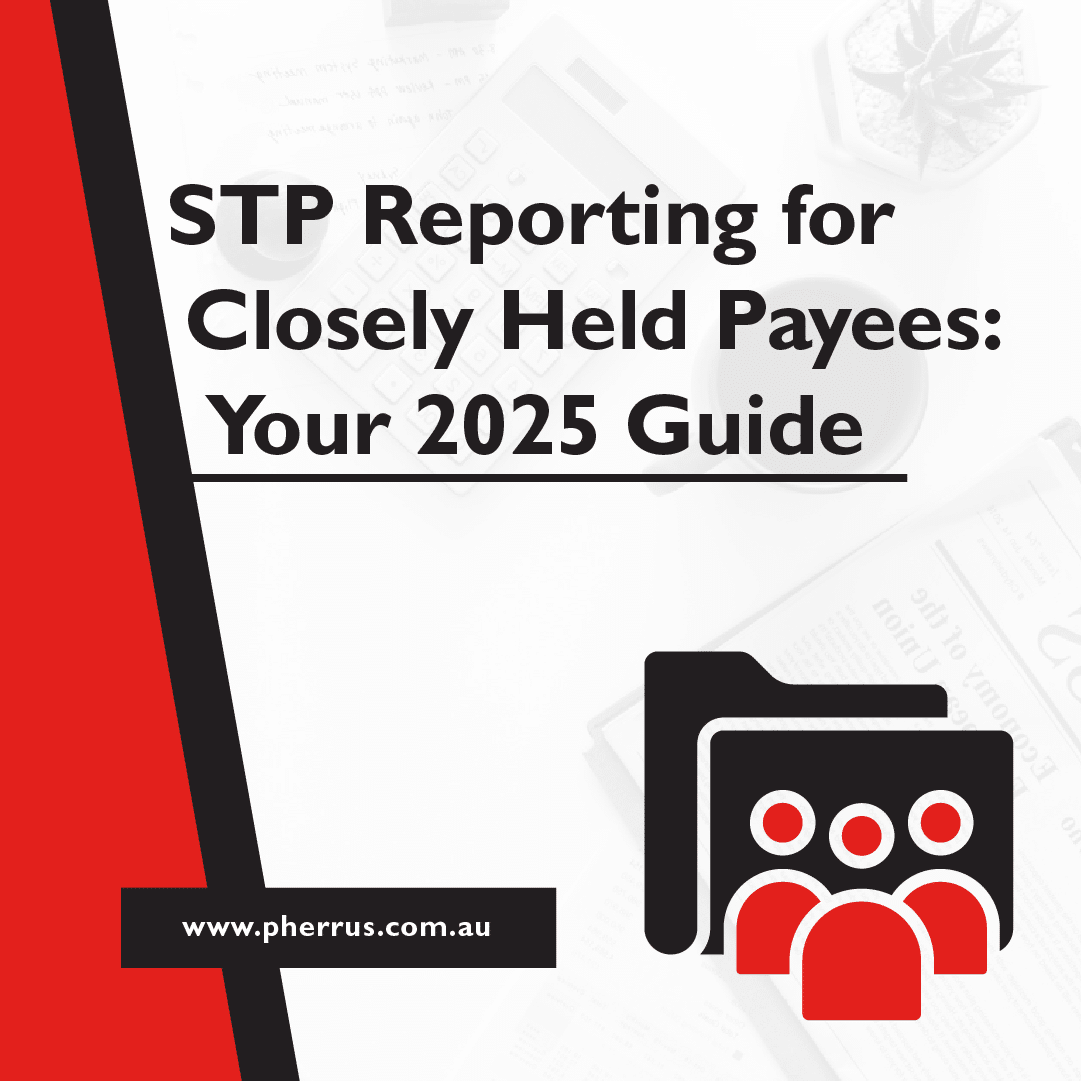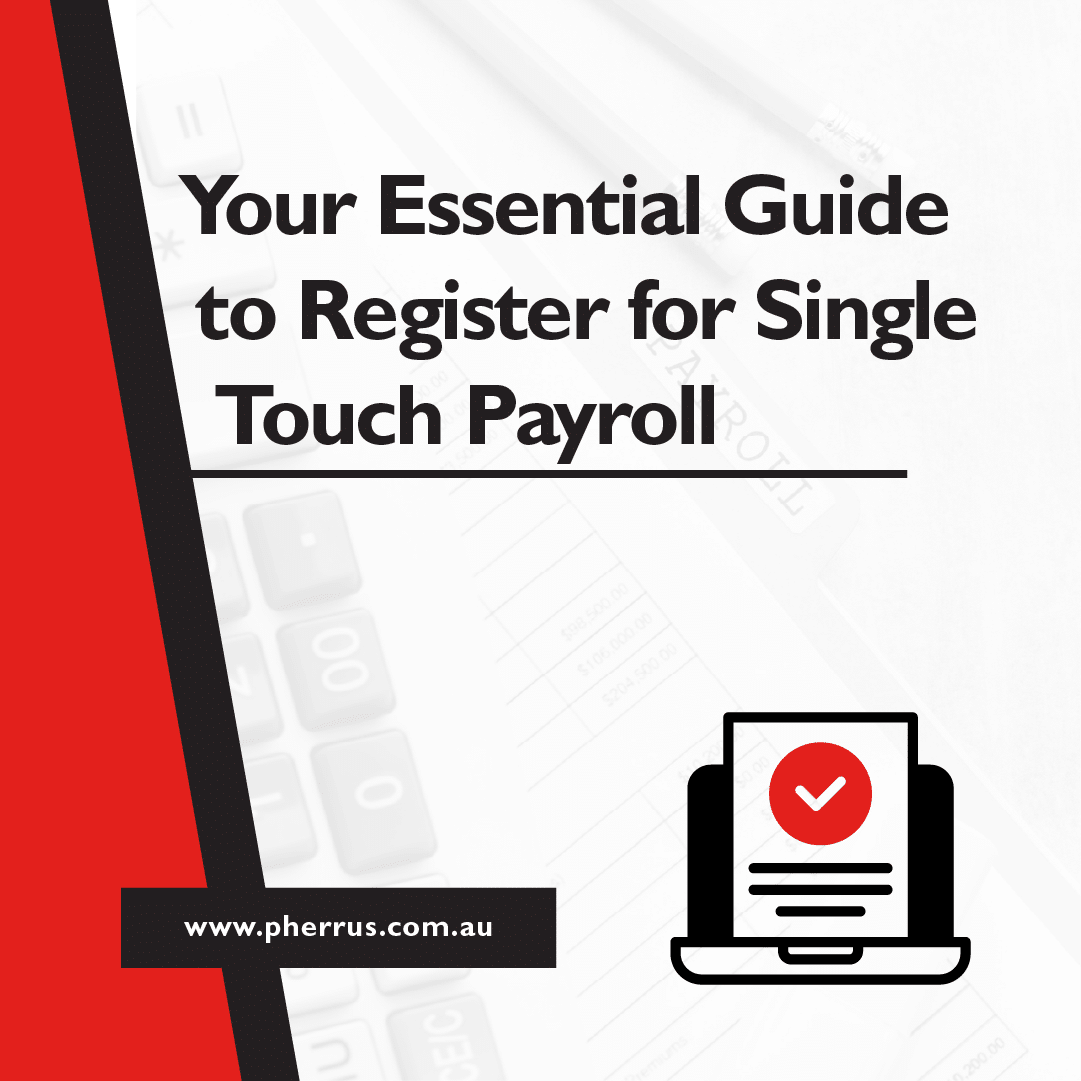Taxable Payments Draft Law: The New Reporting Obligations You Need to Know About
If you run a business in Australia, you will already be familiar with the legal requirement to report on taxable payments. Details regarding these payments must be submitted to the ATO so that taxes can be calculated accordingly, ensuring that your business stays legally compliant and aligned with all requirements.
But, reporting is changing. Some payments, including those made to third-party contractors, which have not previously been covered by the reporting obligations, will now need to be made known to the tax office. This is because of a new draft law – the Draft Law Companion Ruling LCR 2018/D8.
So, will your business be affected? Which payments will need to be reported? Let’s take a look.
Will the New Draft Law Affect Your Business?
If your business operates in the road freight or haulage industry, or in the fields of security or information technology, you may be affected by the change in reporting obligations. The breakdown released by the ATO explains this in more detail.
According to the requirements of the draft law, the following businesses will be affected;
Road freight and haulage services who have been added to item 12, section 396-55, of the Tax Administration Act will be subject to the extended reporting requirements. This means any road freight service combined with a courier service, as defined by the terms of the Act.
Businesses operating as security firms, firms providing investigation services, or firms operating any kind of surveillance activity, will also be required to extend their contractor payment reporting procedures.
Finally, any business operating in the information technology field will be required to adhere to the draft law.
What Will You Need to Report?
The new draft law will require any payments made to third-party contractors for certain services to be reported. These are services carried out on behalf of your business, either in whole or in part.
Other considerations provided to these third-party contractors will also need to be reported. This will include any thing that has been provided to the third party contractor, even if a cash payment has not been made.
When Will the Draft Law Take Effect?
The Draft Law will come into effect in 2019, and will apply to all qualifying payments made to contractors from the above businesses on or after July 1 of this year. Reports will not need to be lodged immediately, but the first report must be submitted to and received by the ATO before July 31, 2020. This report needs to be submitted annually from 2020 onwards, and must cover all of the applicable payments made.
Make sure you have robust procedures in place to record all third-party contractor payments, so you are ready to begin the process from July 2019. If you have any questions regarding the new requirements for business, or about any of the services offered by Pherrus, get in touch with our skilled and friendly team today.




